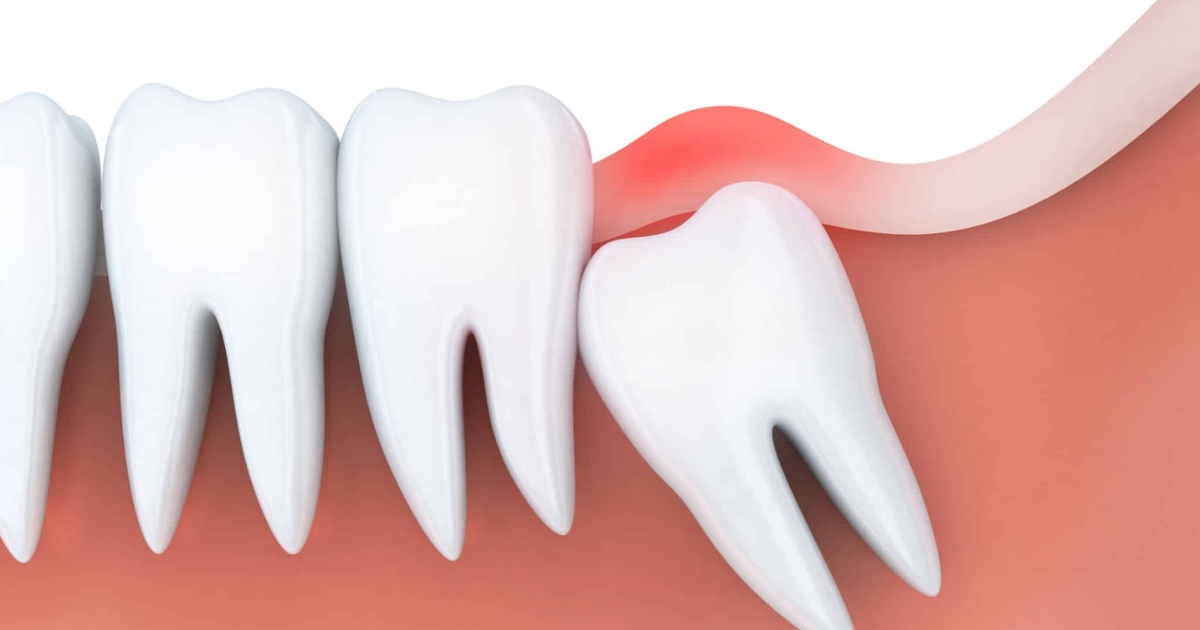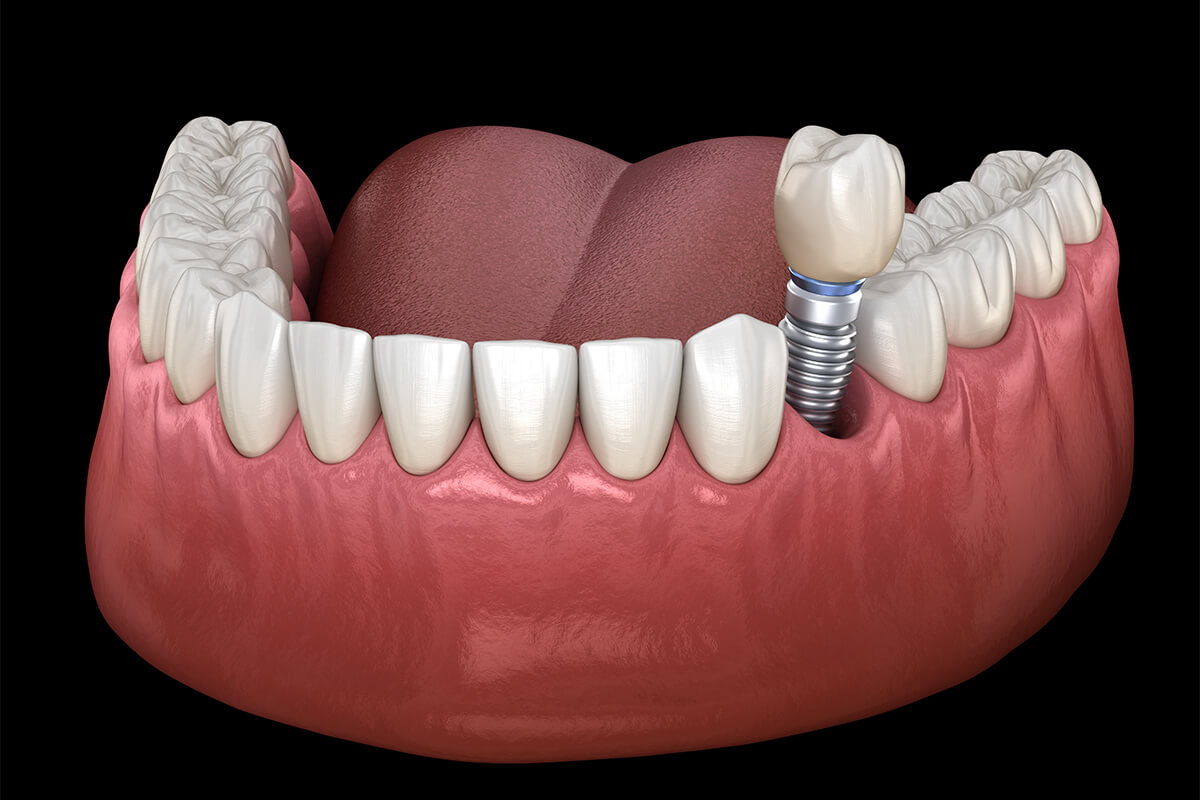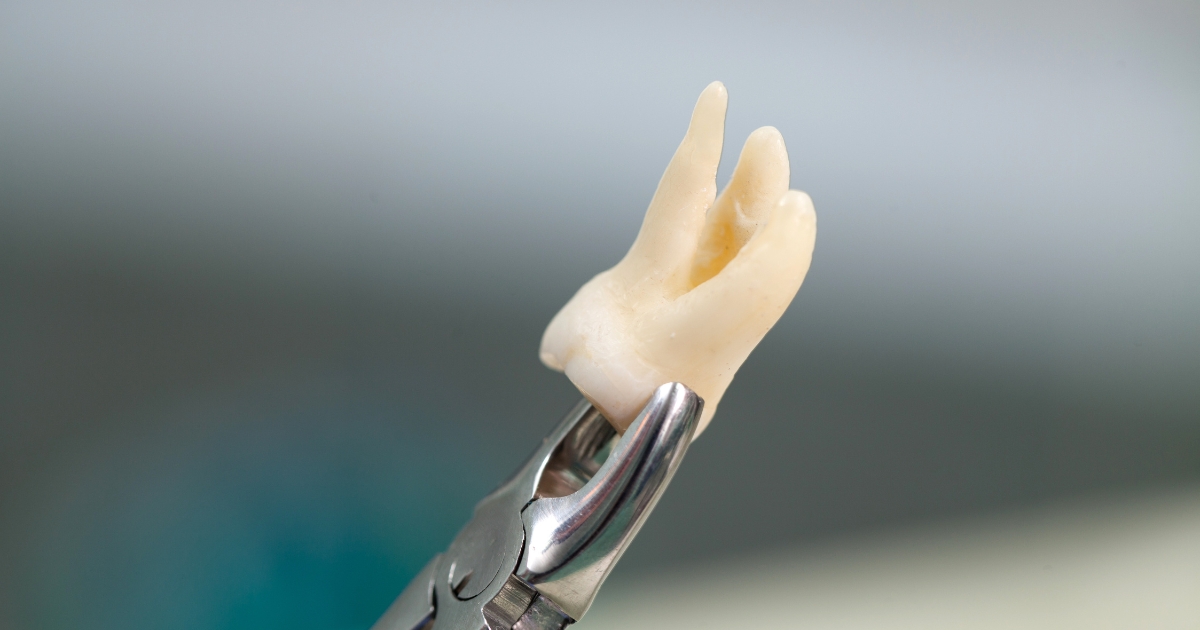Call Us Today 817-737-7668

We’ve all heard someone mention wisdom teeth pain—and maybe you’ve felt it yourself. The discomfort might start as a mild ache or soreness, often easy to ignore or brush aside. But what many don’t realize is that this pain can be a warning sign of deeper dental issues.
While it’s tempting to wait it out, ignoring wisdom teeth pain may lead to severe complications that could affect not only your oral health but also your overall well-being.
Wisdom teeth, often the last set to appear, can struggle for space in a crowded mouth, leading to problems like impaction or infection. Left unaddressed, these issues can escalate, creating risks that go far beyond simple discomfort.
From infections that spread to surrounding areas to cysts that damage the jawbone, the consequences can become serious—and even costly. If you’ve noticed discomfort or pain around your wisdom teeth, understanding why it happens and what risks lie ahead could be the best first step to protect your health.
Why Do Wisdom Teeth Cause Pain?
Wisdom teeth, or third molars, often cause pain due to their late appearance and limited space in the jaw. This pain can arise from several common issues, such as impaction, overcrowding, and infection. Unlike other teeth, wisdom teeth don’t always emerge smoothly, creating discomfort that can start mildly and worsen over time. Understanding these causes is key to recognizing when it’s time for professional attention.
- Impaction: When wisdom teeth don’t have enough room to fully emerge, they may stay “impacted” within the gums or push sideways, leading to pressure and inflammation in the surrounding tissue.
- Overcrowding: In many cases, the jaw simply doesn’t have space for these extra teeth, causing them to push against other molars and create crowding. This can lead to a dull ache that intensifies as the teeth try to erupt.
- Infection: Partially erupted wisdom teeth can create pockets where bacteria thrive, leading to infections in the gums and deeper tissues around the tooth.
Recognizing these causes can help patients take proactive steps before the pain becomes unmanageable.
Risks of Ignoring Wisdom Teeth Pain
Ignoring wisdom teeth pain can lead to a variety of serious complications that impact not just oral health but overall well-being. While it may seem manageable at first, untreated wisdom teeth issues often escalate, requiring more extensive intervention later on.
- Infection: If bacteria build up around a partially erupted wisdom tooth, infection can develop. Without treatment, this infection can spread to the jaw and even other areas of the body.
- Cysts and Tumors: Wisdom teeth may develop cysts around them, which can damage bone and surrounding teeth. Rarely, untreated cysts can lead to tumors, requiring surgical removal.
- Damage to Adjacent Teeth: Impacted wisdom teeth can press against nearby molars, potentially causing decay, weakening of the adjacent teeth, and even root damage.
- Gum Disease: The difficult-to-clean area around wisdom teeth can increase the risk of gum disease, which affects overall gum health and may worsen over time.
Each of these risks highlights the importance of addressing wisdom teeth pain promptly to avoid costly and painful consequences down the road.
Impacted Wisdom Teeth: A Closer Look
Impacted wisdom teeth are a common source of pain and complications. When a tooth is “impacted,” it fails to emerge properly and remains trapped under the gum or bone. Impacted teeth come in various types, depending on the position of the tooth.
- Full Impaction: The tooth remains entirely under the gum, creating pressure and often leading to infection due to lack of space.
- Partial Impaction: Part of the tooth emerges but fails to fully erupt. This can lead to painful swelling and make cleaning difficult, increasing the risk of infection.
- Horizontal Impaction: In this case, the tooth lies horizontally, pressing directly against other molars, which can damage adjacent teeth and cause significant discomfort.
Impacted wisdom teeth present unique risks, as they’re more prone to infections and alignment issues, often requiring surgical removal to avoid further complications.
Signs You Shouldn’t Ignore
Wisdom teeth pain isn’t something to brush off, especially if certain symptoms persist. Recognizing these warning signs early can help prevent larger issues. Here are signs that it’s time to see a dental care professional and opt for wisdom teeth removal:
- Persistent Pain: Ongoing discomfort, especially at the back of the mouth, suggests wisdom teeth issues that need attention.
- Swelling and Redness: Visible swelling or red gums around the wisdom teeth area indicate possible infection or inflammation.
- Jaw Stiffness: Difficulty opening your mouth or feeling stiffness in the jaw can result from impacted wisdom teeth, which may be pressing on nerves.
- Bad Breath or Unpleasant Taste: If infection develops around partially erupted wisdom teeth, a bad smell or taste can occur.
Ignoring these signs may worsen the condition, making early treatment essential for avoiding further discomfort and potential complications.
The Role of Infections and Inflammation
When wisdom teeth only partially erupt or become impacted, they create a perfect environment for infections like pericoronitis, where bacteria accumulate under the gum flap. Infections around wisdom teeth can be uncomfortable and, if left untreated, may spread and lead to serious health issues.
- Pericoronitis: This common infection involves inflammation of the gums around a partially erupted wisdom tooth, causing pain, swelling, and sometimes fever.
- Bacterial Spread: An untreated infection near a wisdom tooth can extend beyond the mouth, potentially reaching the jaw, sinuses, and even the bloodstream, creating a more dangerous health situation.
- Chronic Inflammation: Lingering inflammation around the wisdom teeth can affect the gum tissue, leading to chronic pain and increasing the risk of gum disease.
Without proper treatment, these infections can escalate, reinforcing the need for early wisdom teeth assessment and care.
Treatment Options for Wisdom Teeth Pain
Addressing wisdom teeth pain often involves professional evaluation and targeted treatment. Wisdom teeth remedies range from minor intervention to surgical removal, depending on the issue’s severity.
- Antibiotics for Minor Infections: In cases of mild infection, antibiotics may be prescribed to control bacteria around the tooth temporarily.
- Extraction: For severe impaction, persistent pain, or recurrent infections, wisdom tooth extraction is the most effective solution. In wisdom teeth removal in Colleyville, TX, experienced dental professionals offer safe, efficient procedures to alleviate discomfort.
- Pain Management: After extraction or other procedures, patients may receive pain management options to ease recovery. Over-the-counter or prescription pain relievers can be used as needed.
Knowing the available options can help patients feel informed and confident about the right treatment path.
Long-Term Benefits of Addressing Wisdom Teeth Issues Early
Early intervention for wisdom teeth pain doesn’t just alleviate immediate discomfort; it also provides long-term benefits that protect your oral and overall health. By addressing wisdom teeth issues before they escalate, patients can enjoy a healthier, pain-free smile.
- Prevents Future Complications: Early removal or treatment reduces the risk of infections, cysts, and damage to surrounding teeth.
- Maintains Jaw Alignment: Removing problematic wisdom teeth can help preserve the alignment of your other teeth, preventing potential crowding or shifting.
- Saves Costs: Treating wisdom teeth early can prevent costly and more extensive dental work in the future, saving both time and money.
- Peace of Mind: Addressing wisdom teeth concerns promptly brings peace of mind, knowing you’re protecting your long-term oral health.
Ignoring wisdom teeth pain may seem manageable, but it often leads to greater complications and costly interventions later. By recognizing the signs early and consulting with a dental professional, you can protect your smile and avoid painful, serious conditions. Take proactive steps now to ensure lasting oral health, prevent infection, and maintain peace of mind. When it comes to your wisdom teeth, listening to your body is the best approach for a healthier, pain-free future.





